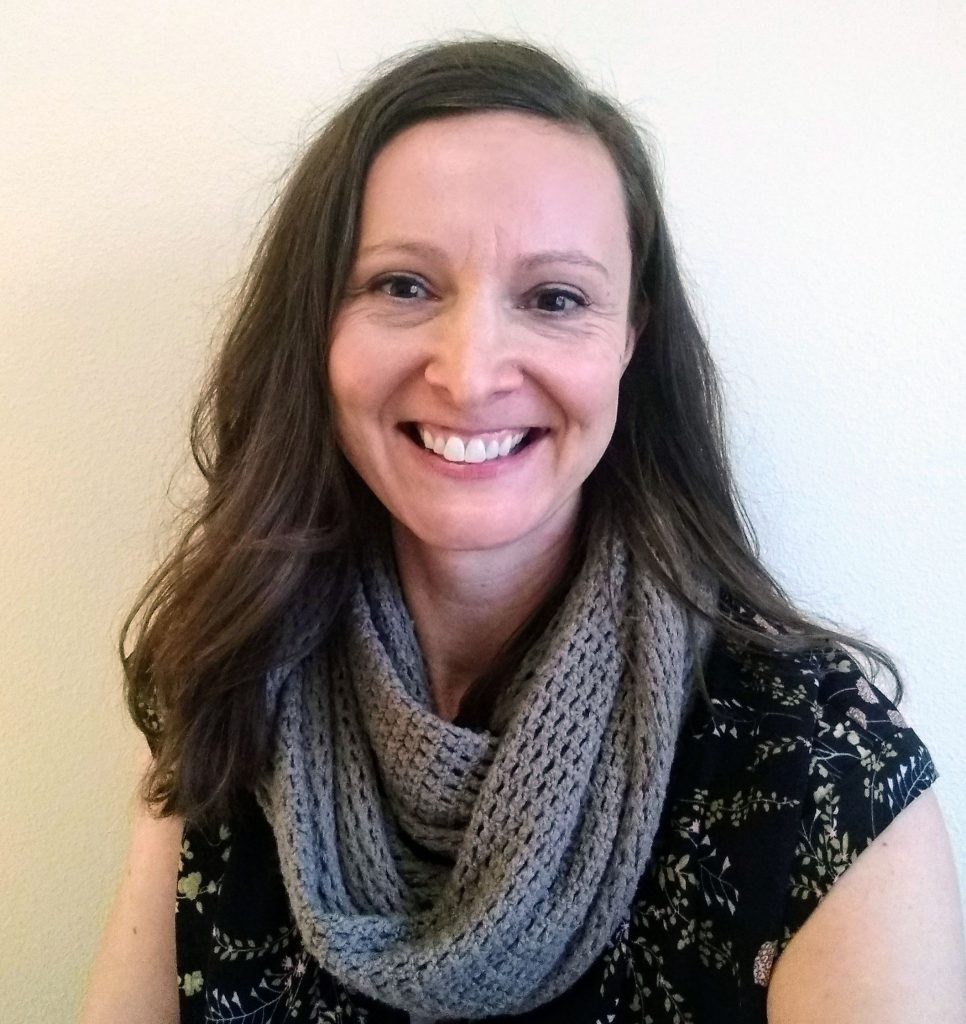For this month’s community call we’re going to try something a little different, and instead of hosting speakers, we will create space to brainstorm ideas and share experiences of running virtual and hybrid meetings. In the spirit of “working out loud,” we invite you to join the call to connect with your fellow community managers and meeting organizers to pool your knowledge. At the end of the call, we’ll synthesize what we all learn and share it on the CSCCE blog.
How will this work?
We will set up four themed breakout rooms with expert moderators from the CSCCE community to guide you through a series of prompts. CSCCE staff will support the rooms by taking notes and collecting resources, leaving you free to vent, brainstorm, and problem solve with others who are working to make virtual and hybrid events more accessible and inclusive.
Continue reading “March’s community call – Virtual and hybrid meetings”